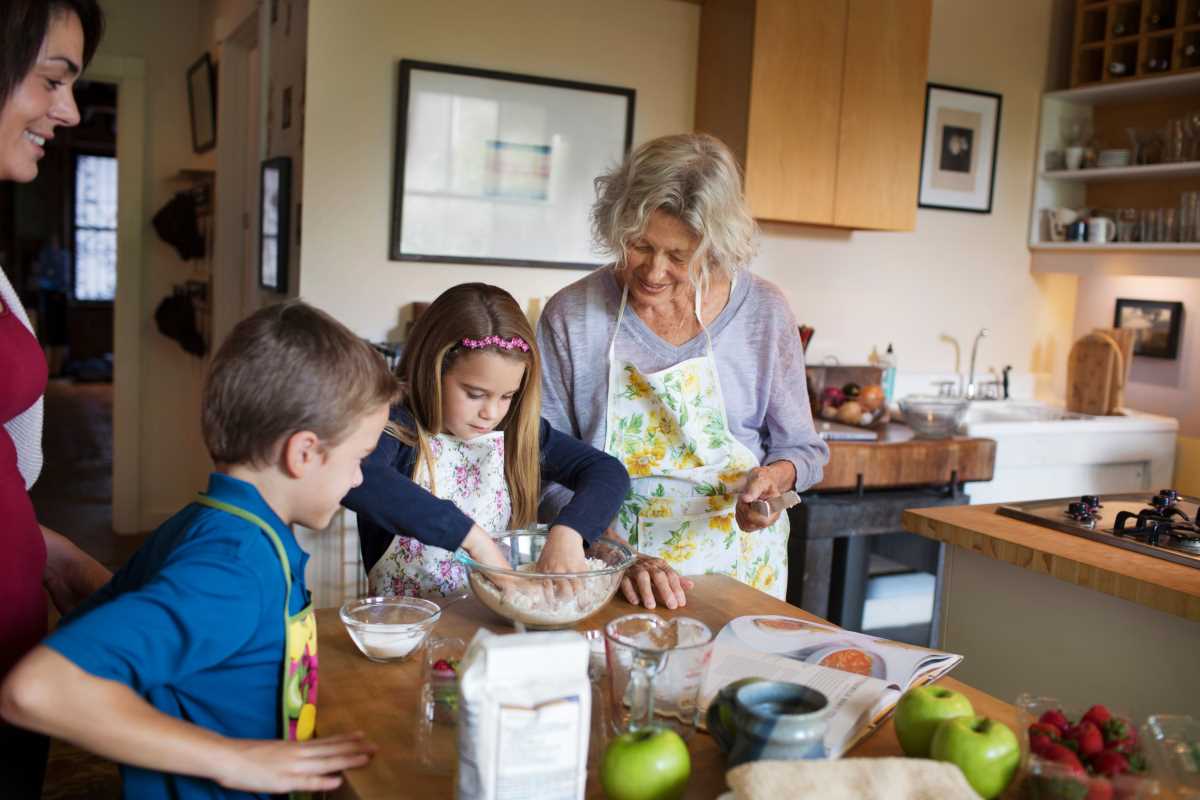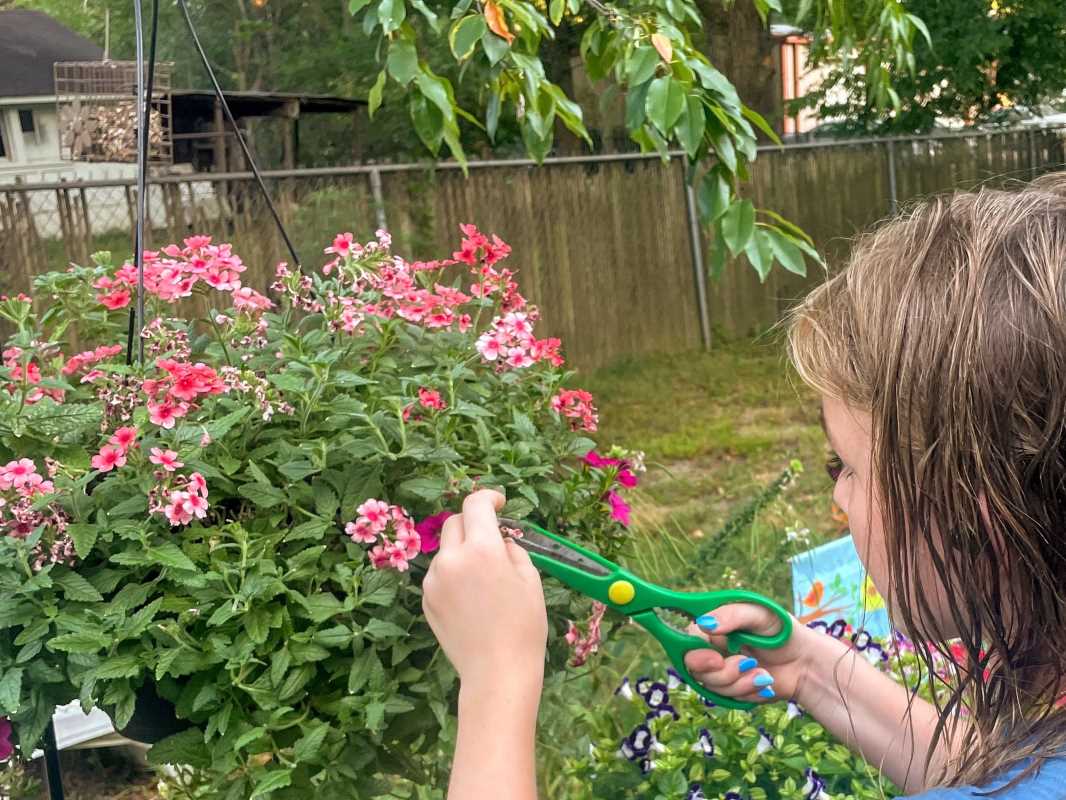Caring for someone with Alzheimer’s disease is a deeply personal and often challenging experience. It can feel overwhelming at times, filled with emotional and logistical hurdles. But with the right strategies, a dash of patience, and a lot of compassion, you can make this unique caregiving role more manageable—for both you and your loved one. Whether you’re just stepping into the role or you’ve been at it for a while, this guide offers practical tips to ease the caregiving experience and help you provide the best care possible.
Build Strong Communication Skills
One of the most essential aspects of caring for someone with Alzheimer’s is learning how to communicate effectively. Alzheimer’s affects memory, comprehension, and the ability to process information, making conversations more difficult. However, with a few adjustments, communication can still be meaningful and positive.
- Simplify Your Language: Stick to short, clear sentences. Instead of asking questions like, “What do you feel like having for lunch?” try offering two simple choices, such as, “Would you like soup or a sandwich?”
- Use Nonverbal Cues: Body language, facial expressions, and gestures can convey warmth and understanding, especially when words feel confusing or overwhelming.
- Be Patient and Reassuring: It might take them longer to respond. Give them time and repeat yourself gently if needed. Avoid correcting them if they forget or say something that doesn’t seem accurate—focus on maintaining a calm and supportive tone.
By adapting how you communicate, you can reduce frustration for both you and your loved one, creating calmer and more meaningful connections.
Create a Safe and Comfortable Environment
Safety becomes a big concern for someone with Alzheimer’s, as memory loss and cognitive decline increase risks around the home. Making a few modifications can greatly enhance their safety and your peace of mind.
- Minimize Hazards: Remove tripping risks like loose rugs or clutter from walkways. Install handrails in hallways and bathrooms to prevent falls, and make sure spaces are well-lit.
- Make Daily Items Accessible: Place frequently used objects—like glasses, remote controls, or medications—in easy-to-see spots. Label drawers and cabinets to help with finding things.
- Use Technology for Monitoring: Devices like door sensors, GPS trackers, and stove alarms can help you keep an extra eye on their safety without hovering.
- Lock Dangerous Items: Medication, sharp objects, cleaning supplies, and tools should be locked away to prevent accidents.
A safe environment allows for greater independence, reduces anxiety, and makes caregiving smoother. It’s all about ensuring they can move around and engage in daily activities without unnecessary risks.
Establish Daily Routines
Routines are more than just a way to structure the day—they bring a sense of calm and predictability, which is especially important for someone with Alzheimer’s. Familiarity helps them feel secure and reduces confusion or agitation.
- Stick to Consistent Meal Times: Eating at the same time every day not only supports their physical health but also helps maintain a natural rhythm for the day.
- Time Activities Wisely: Plan meaningful activities or outings when they’re at their best, which is often early in the day. Avoid scheduling tasks during times they may feel fatigued or irritable.
- Break Tasks into Smaller Steps: Daily tasks like dressing or bathing can feel overwhelming for someone with Alzheimer’s. Simplify them by breaking each task into step-by-step instructions. Offer gentle guidance along the way.
- Include Time to Connect: Whether it’s listening to their favorite music, flipping through photo albums, or taking a slow walk outdoors, carve out moments to bond and enjoy each other’s company.
Flexibility is key here. Some days might not go exactly as planned, and that’s okay. It's about creating structure while staying patient and adaptable.
Don’t Go It Alone—Seek Support
Caregiving can be as emotionally demanding as it is rewarding. You cannot—and should not—do it alone. Reaching out for help is not a sign of weakness; it’s an act of self-preservation that ultimately benefits both you and the person you’re caring for.
- Join a Support Group: Connecting with other caregivers allows you to share experiences, get advice, and realize you’re not alone in your challenges.
- Tap into Professional Resources: Consider options like in-home care assistance or adult day care programs, even if just for a few hours a week. These services can give you a break while ensuring your loved one stays safe and engaged.
- Lean on Family and Friends: Don’t hesitate to ask siblings, friends, or neighbors to step in, whether it’s running errands, cooking a meal, or sitting with your loved one so you can recharge.
You can’t pour from an empty cup. Leaning on others ensures you stay emotionally and physically well enough to provide the care your loved one needs.
Practice Patience and Empathy
It’s not always easy, but patience and empathy are your most valuable tools as a caregiver. Alzheimer’s can bring many frustrating moments, but try to focus on the person behind the disease. They’re still the same person you care about, even if they’re experiencing memory loss or behavior changes.
- Redirect Instead of Pushing: If they’re struggling with an activity or feeling agitated, consider redirecting their attention to something more enjoyable or soothing rather than trying to force a resolution.
- Don’t Take Behavioral Changes Personally: They may lash out, but remember, it’s the disease talking—not them. Respond with calmness and understanding, even when it’s difficult.
Empathy goes a long way in keeping interactions loving and supportive. A little kindness eases their anxiety and helps them feel valued.
Take Care of Yourself
Caregiver burnout is a very real concern, and ignoring your own needs can lead to physical and emotional exhaustion. To care for someone else, you must also prioritize your health.
- Rest and Replenish: Take short breaks throughout the day—not just when you’re feeling overwhelmed. Set aside time to exercise, rest, and enjoy activities that help you recharge.
- Know Your Limits: It’s okay to admit if you’re struggling or need additional help. Saying “yes” to caring for yourself is not saying “no” to your loved one; it’s ensuring you’re equipped to give them your best effort.
- Celebrate Small Wins: Acknowledge the moments of connection or progress, no matter how small. These little victories can bring joy and keep you motivated.
Remember, caregiving is a marathon, not a sprint. Taking care of yourself ensures you can go the distance for your loved one.







 (1).jpg)